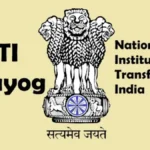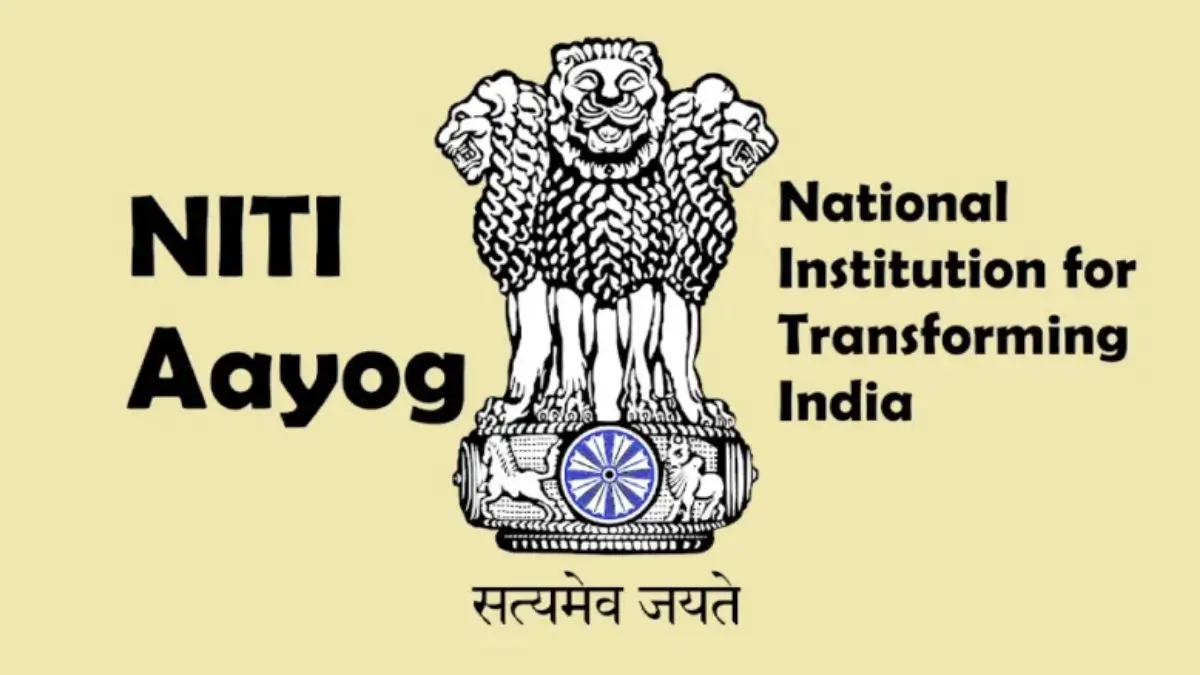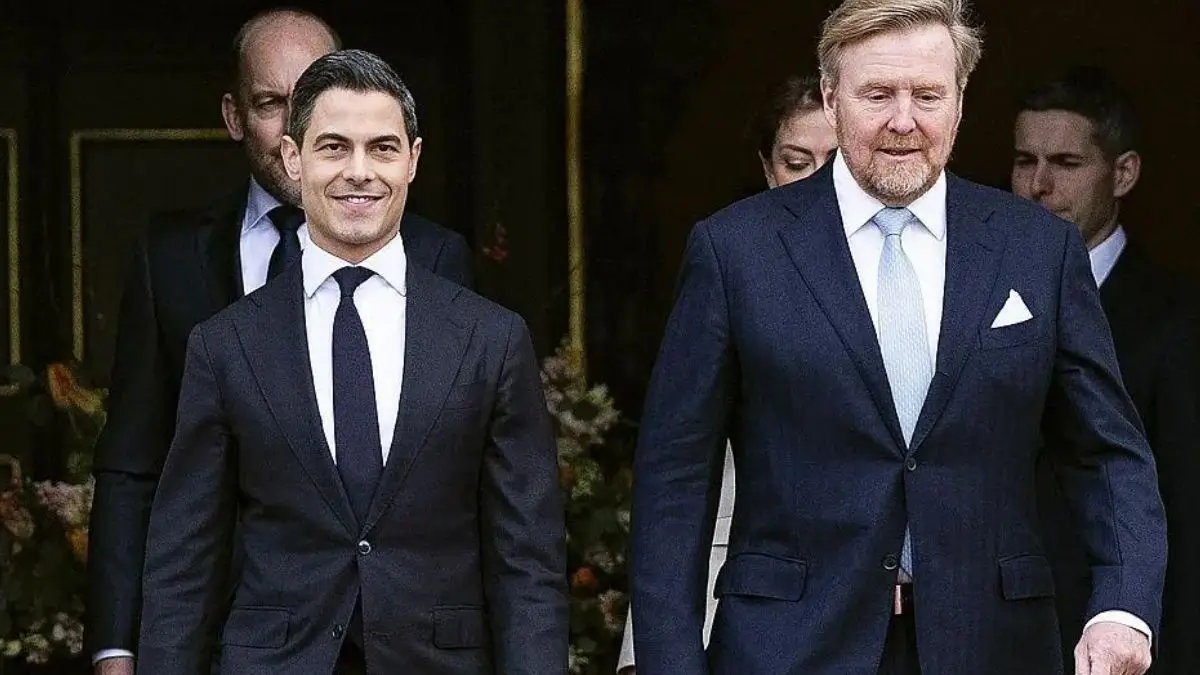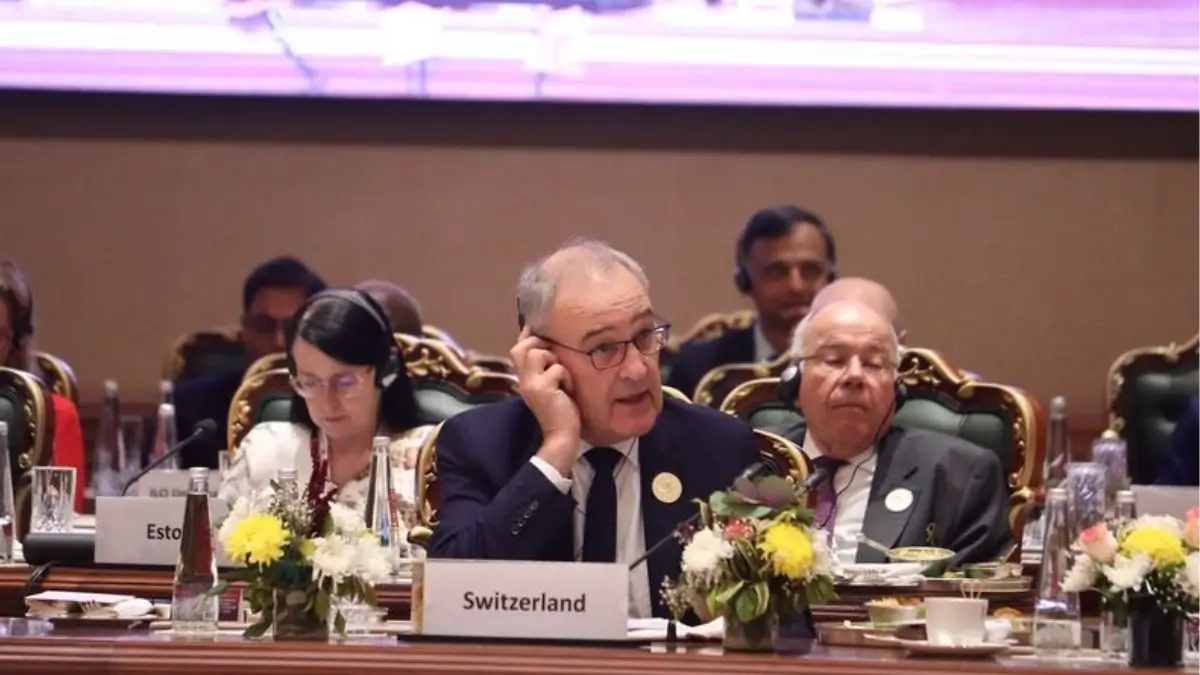Valdecy Urquiza Elected New Secretary General of INTERPOL
Introduction to Valdecy Urquiza’s Election
Valdecy Urquiza has been elected as the new Secretary General of the International Criminal Police Organization (INTERPOL). This marks a significant leadership change in the global policing community. The election, held in November 2024, saw Urquiza, a Brazilian national, being appointed to this prestigious role. His tenure aims to further strengthen INTERPOL’s global law enforcement cooperation and enhance its role in combating transnational crime.
Key Highlights of the Election
Urquiza’s election was a result of a rigorous selection process, where he was chosen based on his extensive experience in law enforcement and international policing. Before being elected as the Secretary General, Urquiza served in several key positions within Brazil’s police forces, including roles in anti-corruption, cybercrime, and terrorism units. His leadership and ability to work across borders will be critical in addressing the growing challenges faced by the international community in maintaining peace and security.
INTERPOL’s Mission and Role
INTERPOL, founded in 1923, is the world’s largest international police organization, comprising 195 member countries. Its primary mission is to assist in global policing efforts, focusing on criminal matters that cross national borders, such as terrorism, human trafficking, cybercrime, and drug trafficking. The Secretary General plays a pivotal role in coordinating and overseeing the organization’s operations, ensuring effective collaboration among member countries and international law enforcement agencies.

Why This News Is Important
Strengthening Global Policing Cooperation
The election of Valdecy Urquiza is of paramount importance as it highlights the continued evolution of international law enforcement. With transnational crime becoming increasingly sophisticated, the role of INTERPOL has never been more critical. Urquiza’s appointment underscores the importance of strong leadership in fostering cooperation between police agencies worldwide. His vast experience in tackling international crime will be crucial for managing the complex global security challenges that exist today.
Impact on Global Crime-Fighting Strategies
Under Urquiza’s leadership, INTERPOL is expected to refine its strategies to better address emerging global threats, such as cybercrime, terrorism, and organized crime. The rise of digital technology has created new avenues for criminals to operate across borders, making it necessary for INTERPOL to adapt and innovate in its approach. This news is particularly relevant for students preparing for government exams as it emphasizes the importance of international cooperation and modern law enforcement strategies in a globalized world.
Historical Context: Background Information on INTERPOL
Founding and Purpose of INTERPOL
INTERPOL was originally established in 1923 as the International Criminal Police Commission (ICPC), with the goal of promoting international cooperation among police forces. Its primary purpose has always been to facilitate the exchange of criminal information and to assist in tracking down fugitives, terrorists, and other criminals who operate across national boundaries.
Evolution of INTERPOL’s Role in Global Policing
Over the decades, INTERPOL’s role has expanded beyond just facilitating communication between law enforcement agencies. Today, it serves as a central hub for combating a wide array of crimes that have global implications. The organization provides critical support in criminal investigations and operations, including joint task forces and intelligence sharing. The role of the Secretary General has been integral in shaping the direction of the organization’s operations, making leadership changes significant in shaping future strategies.
Key Takeaways from “Valdecy Urquiza Elected New Secretary General of INTERPOL”
| Serial Number | Key Takeaway |
|---|---|
| 1 | Valdecy Urquiza, a Brazilian national, was elected the new Secretary General of INTERPOL in November 2024. |
| 2 | Urquiza has extensive experience in law enforcement, having worked in anti-corruption, cybercrime, and counter-terrorism. |
| 3 | INTERPOL’s mission is to foster global police cooperation and combat international crime, including terrorism, human trafficking, and cybercrime. |
| 4 | Urquiza’s appointment emphasizes the growing need for international collaboration in tackling transnational crime. |
| 5 | INTERPOL, established in 1923, plays a crucial role in supporting global police forces with intelligence sharing and joint operations. |
Important FAQs for Students from this News
Who is Valdecy Urquiza?
Valdecy Urquiza is the newly elected Secretary General of INTERPOL, appointed in November 2024. He is a Brazilian law enforcement expert with extensive experience in tackling international crimes such as cybercrime, terrorism, and corruption.
What is the role of INTERPOL’s Secretary General?
The Secretary General of INTERPOL oversees the organization’s operations, ensuring cooperation between international police forces and the implementation of global crime-fighting strategies. This includes leading efforts to combat transnational crime like terrorism, drug trafficking, and human trafficking.
Why is Urquiza’s election significant?
Urquiza’s election signifies a commitment to strengthening global police cooperation, especially in the face of emerging threats such as cybercrime. His leadership is crucial in enhancing INTERPOL’s ability to address complex, borderless criminal activities effectively.
How does INTERPOL contribute to global law enforcement?
INTERPOL facilitates international police cooperation by providing a platform for member countries to share intelligence, collaborate on investigations, and coordinate efforts to tackle cross-border crime. It plays a critical role in managing operations targeting organized crime and terrorism.
What challenges does INTERPOL face in modern law enforcement?
INTERPOL faces challenges such as the rapid rise of cybercrime, the growing sophistication of international criminal networks, and the need for more advanced technological tools to support law enforcement agencies across borders.
Some Important Current Affairs Links

















